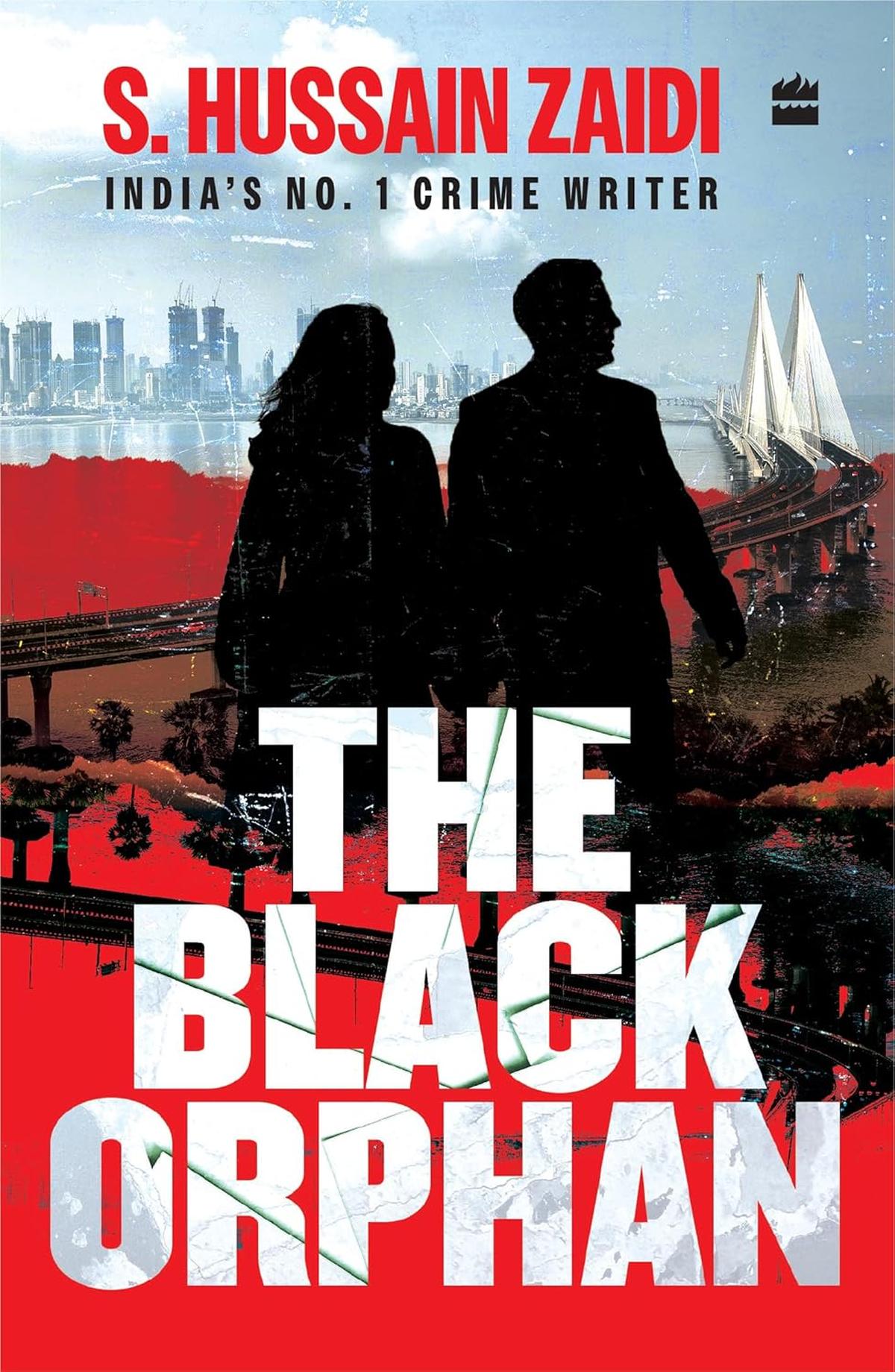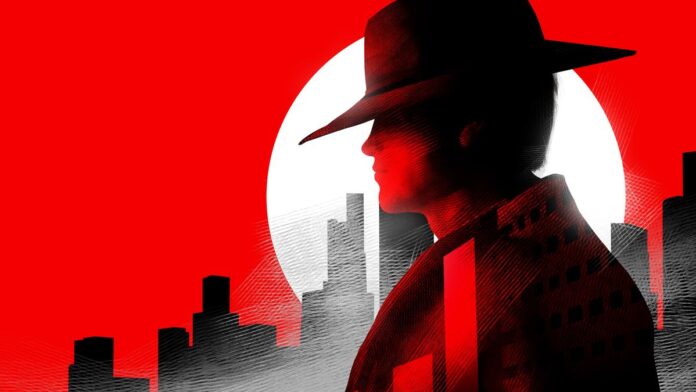The action-packed prologue to S. Hussain Zaidi’s espionage novel, The Black Orphan, ends with a spot of magical thinking. It’s so egregious that it would probably have been edited out of a Bollywood potboiler for being too on-the-nose.
In this scene, Zaidi’s protagonist, super-soldier Ajay Rajvardhan of the National Investigation Agency (NIA), leads an ambush against a group of terrorists holed up in a house belonging to a civilian, an old Kashmiri woman who has been gagged and locked up in her own basement. The scene begins with sophomoric lines like “Ajay’s muscular shoulders had begun to feel the weight of the Angora goat”. The scene’s conclusion sees the woman thanking the hero; this is normal enough, but Zaidi has to push his luck and have the woman tell Ajay, “You are a saviour sent by Allah”.

A Kashmiri person (even one in the throes of recent trauma) calling an Indian soldier “a saviour sent by Allah” — this isn’t a “stretch” or even “artistic licence”, it’s straight-up magical thinking, a fantasia where the oppressed are grateful for their oppressors, and even deify them outright. The Black Orphan’s plot is simplistic and a mish-mash of real-life terrorist attacks and a composite of multiple Bollywood action thrillers.
Templated plot
Ajay and his colleagues are trying their best to foil an upcoming, highly coordinated terror attack in Mumbai, even as a mysterious killer is hunting down India’s nuclear scientists one by one. Meanwhile, Ajay is smitten by Asiya Khan, a defense lawyer representing a young woman the NIA has arrested on terrorism charges.
Zaidi tries his best to cash in on the trends set by Yash Raj Films’ recent spate of spy movies such as Pathaan, Tiger 3, War et al. There are sleeper agents, encrypted devices, conspiracy theories and all the other bells and whistles we have come to associate with the Indo-Pak espionage thriller. And, of course, we have Ajay, Zaidi’s version of the super-patriotic super-soldier.
Like a lot of ‘one-man army’ characters, Ajay comes across as somewhat bland, with little by way of personality other than chest-thumping patriotism. At first, it is baffling to see Asiya falling for someone with all the charisma of a boiled turnip. But when she is revealed to be a ‘bad person’ around the halfway mark in the novel, it all makes sense.
One of the recurring tropes of the Yash Raj spy movies is ‘sleeping with the enemy’: super-spies Tiger and Pathaan (played by Salman Khan and Shah Rukh Khan, respectively) both have Pakistani ex-spy lady loves.

Shah Rukh Khan and Deepika Padukone in a still from ‘Pathaan’ (2023).
Gallows humour
But even in this regurgitated, templated plot point, Zaidi’s execution leaves a lot to be desired. Ajay proposes to Asiya in the middle of the night, she accepts, and the very next chapter sees her cover being blown, followed by a full-on combat scene between the two which ends with the anguished line, “This isn’t over.” (even paint-by- number Hollywood thrillers stopped using that dialogue in the 2000s).

Author S. Hussain Zaidi
| Photo Credit:
Getty Images
It’s a shame because Zaidi is clearly an experienced hand at certain aspects of the action thriller. The author of some very important non-fiction books such as Black Friday and Dongri to Dubai, Zaidi is very good at fleshing out the ‘covert’ worlds he presents his readers with. Details about police and armed forces procedures, the technical aspects of different kinds of weaponry and surveillance equipment, the grey areas between government and intelligence — Zaidi can negotiate these tricky terrains better than most.
Because whatever one might think of his writing at the line-by-line level, Zaidi has proven himself to be a superb reporter many times over. The parts of The Black Orphan that work best for me read more like a darkly funny workplace drama than an action thriller; soldiers and intelligence officers and bureaucrats deploying gallows humour in the face of imminent danger.
Sadly, Zaidi is unable to bring this energy to the rest of the novel and by the time The Black Orphan resolves its highly predictable plot at the end of 200-odd pages, you are left wondering whether you could have just watched a supercut of Pathaan and Tiger scenes instead.
The reviewer is working on his first book of non-fiction.
Published – November 22, 2024 09:20 am IST
